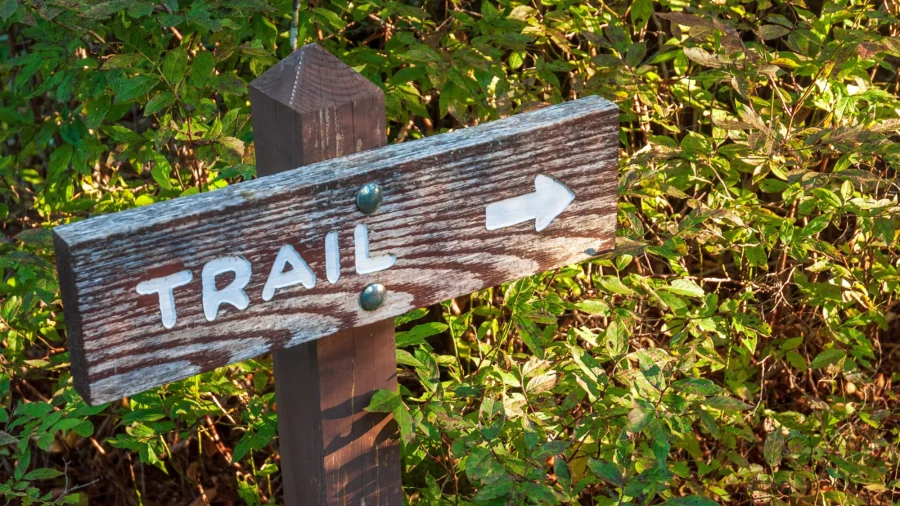A 12-year-old boy who died at a North Carolina wilderness camp for troubled youth had suffocated, according to a newly released autopsy.
In the report released Monday, the child’s death was ruled a homicide by the state medical examiner.
“The cause of death is asphyxia due to smothering,” the autopsy stated.
“No significant natural disease was present to have caused or contributed to death,” the report said. “Non-specific findings included swelling of the brain. Mild bruising was present on the left thigh and leg without significant internal injuries.”
The autopsy report said that a combination of factors led to the death being certified as a homicide.
Less Than 24 Hours at Camp
The child had a history of anxiety, attention-deficit/hyperactivity disorder (ADHD), migraines, and ongoing behavioral issues. He was taken to the wilderness camp from his home in New York through a transport service at the request of his family.
The boy, who is only being identified with his initials CJH, died less than 24 hours after arriving at the camp on Feb. 3.
The Trails Carolina camp located in Lake Toxaway had previously claimed the boy’s death appeared to be accidental.
The staff told authorities they tried to perform CPR on the child after he was found unresponsive inside a sleeping bivy sack, a one-person nylon sleep shelter tent, that was secured with an alarm.
The facility claimed it routinely placed their first-night campers in bivvies for their own safety, with an assigned adult counselor sleeping next to them.
Timeline of Events
The autopsy report provided a timeline of events that night, stating that around 11 p.m., he was moving around and making noise in the bivy, so counselors removed him.
He fell asleep outside the bivy a short time later, but due to protocol, he was “made to wake up and re-enter the bivy, at which time he was again secured with the alarm device.”
The report said at midnight, the boy was restless and mumbling in his sleep, which was accompanied by “thrashing about,” his counselor said, who added that this subsided and was the last event. The report said the deceased boy had no known history of seizures.
When counselors tried to wake him in the morning, the boy was unresponsive, and his body was turned around with his head where his feet should have been inside his sleep sack. He was found lying on his back with his knees bent.
The boy was not breathing and had been dead for some time when paramedics arrived, according to authorities.
The medical examiner notably indicated that the sleep sack’s outer, weather-resistant door panel had been sealed because the inner mesh panel of his particular sleeping bivy was torn.
“It should be known that a common warning on commercially available bivy products indicates that the outer, weather resistant opening should not be fully secured as it may lead to condensation and breathing restriction,” the report states.
The report revealed that there was no evidence of trauma or sexual assault. There were also no signs of a drug overdose or any natural causes that could have led to his death.
No charges have been filed. The Transylvania County Sheriff’s Office said it is reviewing the autopsy report and will consult with local prosecutors on the case.
The North Carolina Department of Health and Human Services revoked the license for Trails Carolina last month, citing results of a recent inspection that found multiple violations and that the facility endangered the health, safety, and welfare of young campers.
NTD News reached out to the Transylvania Sheriff’s Office for a statement and did not receive a response. The facility could not be reached for comment.


